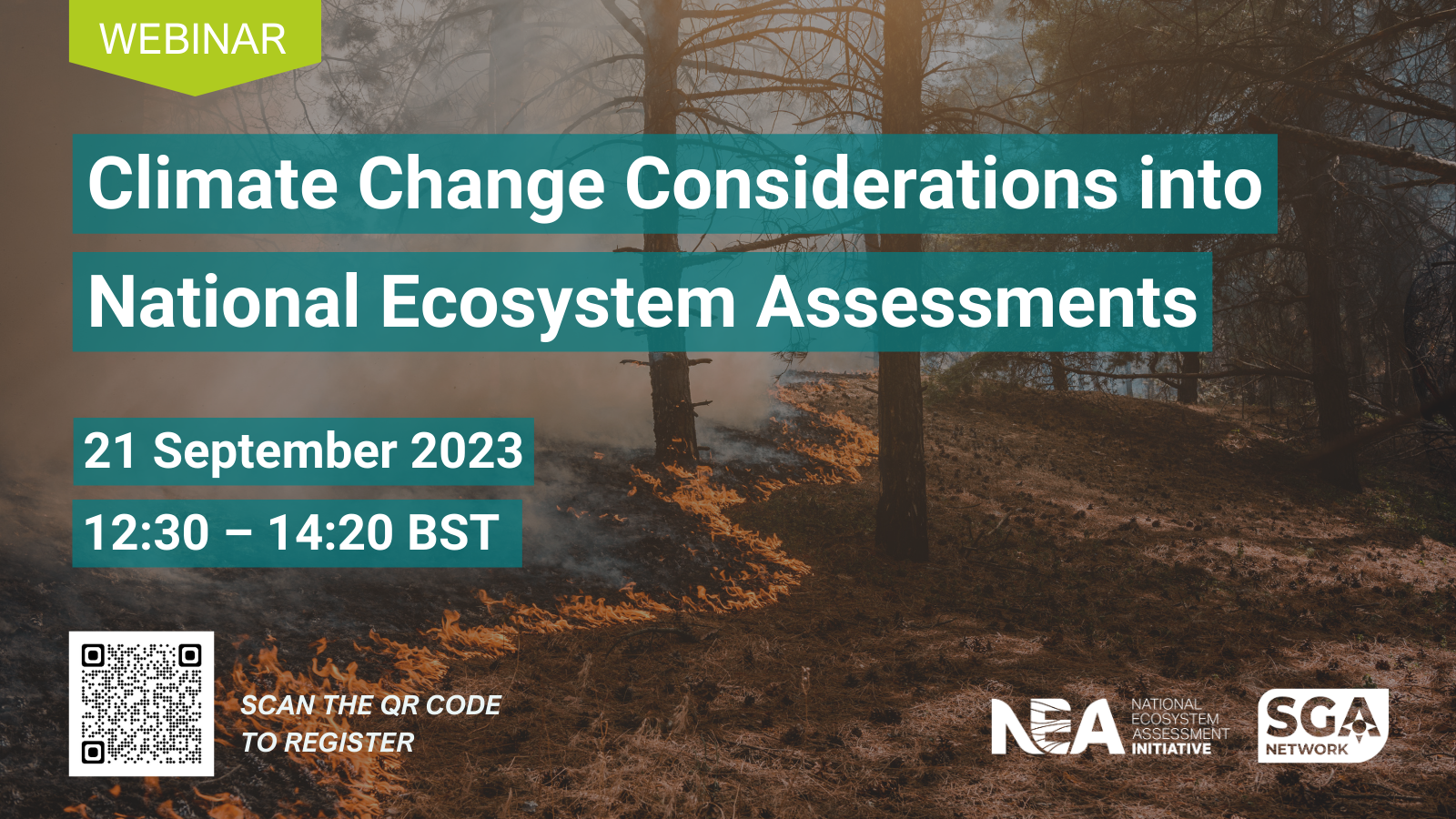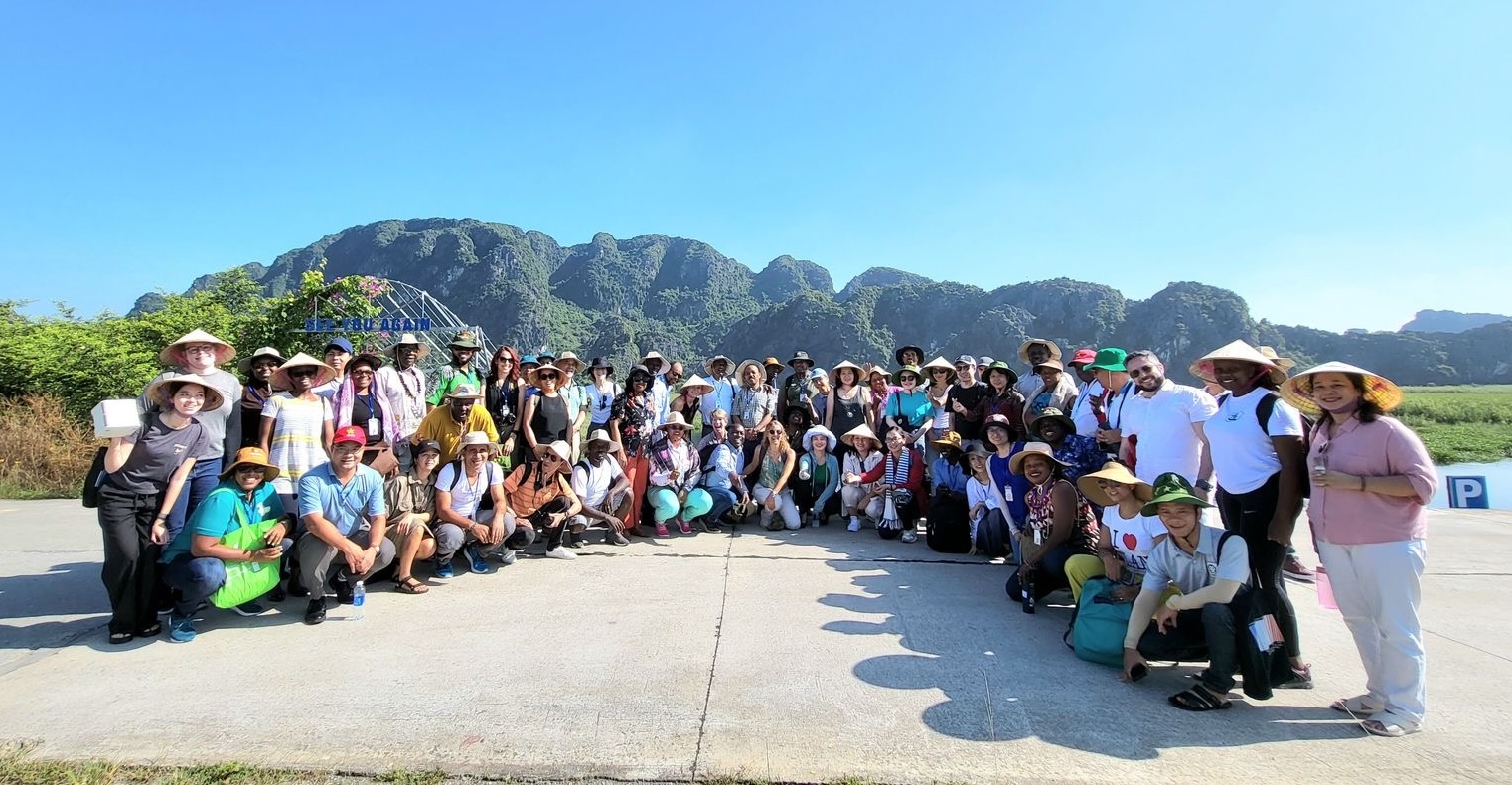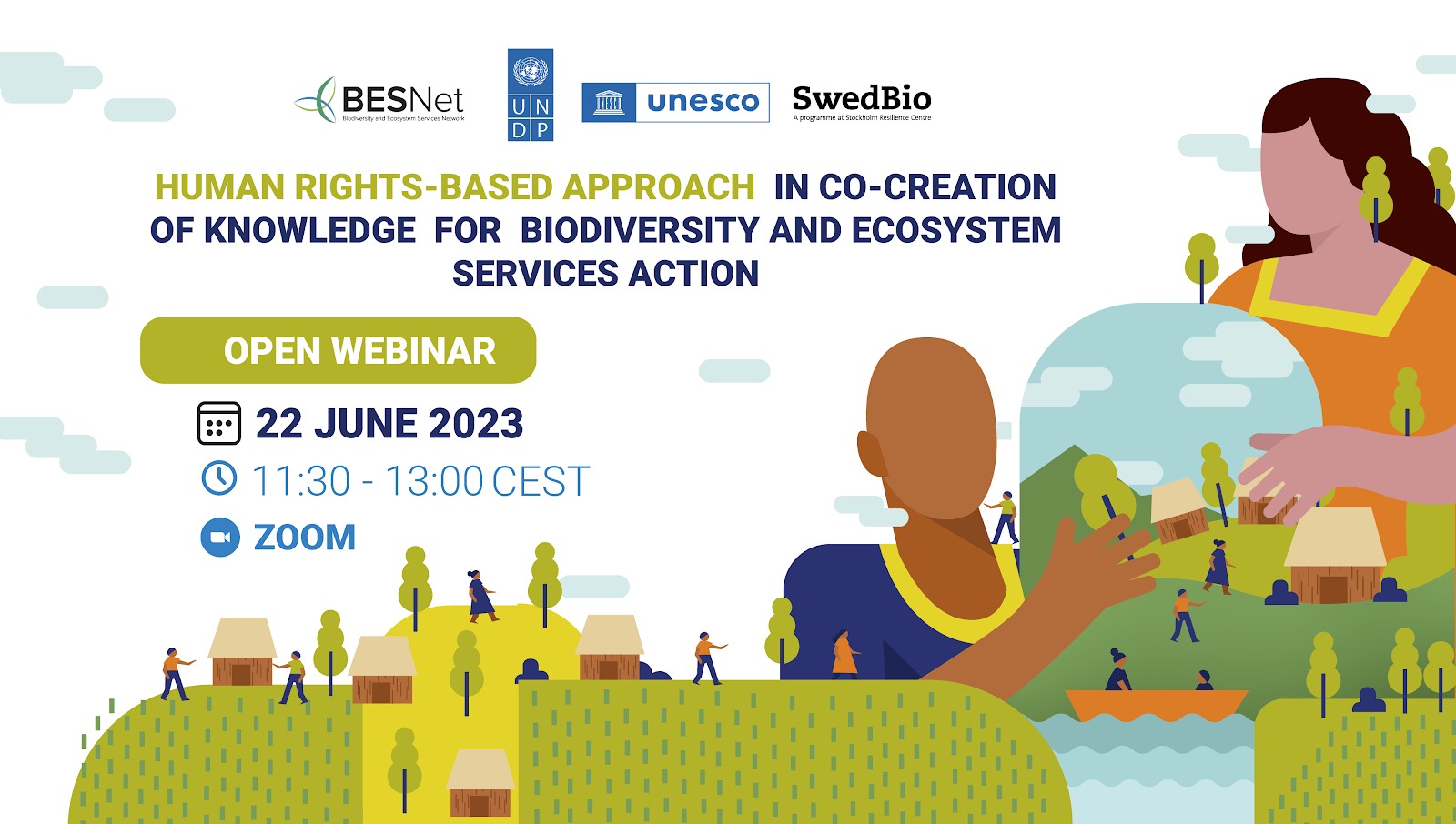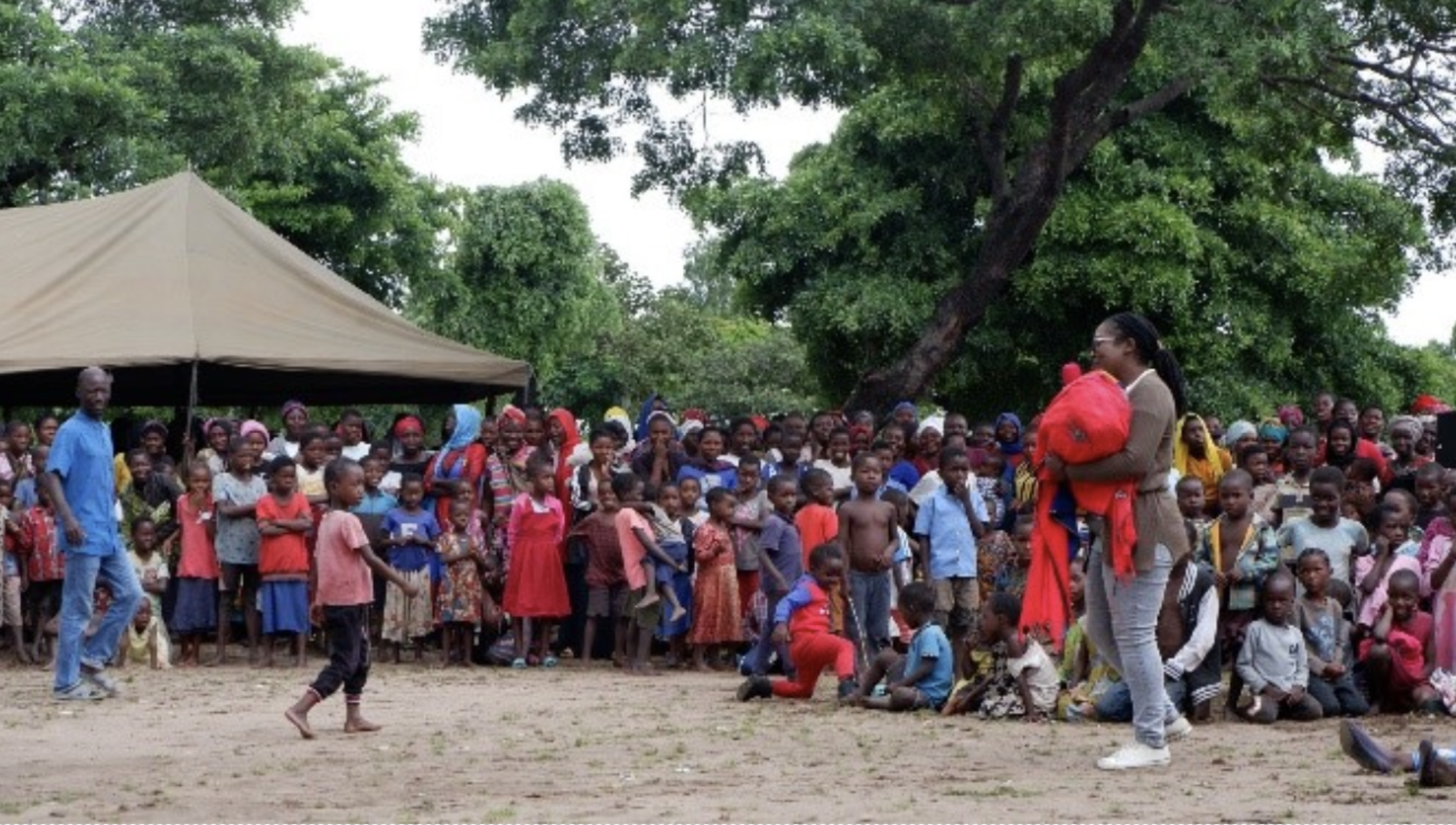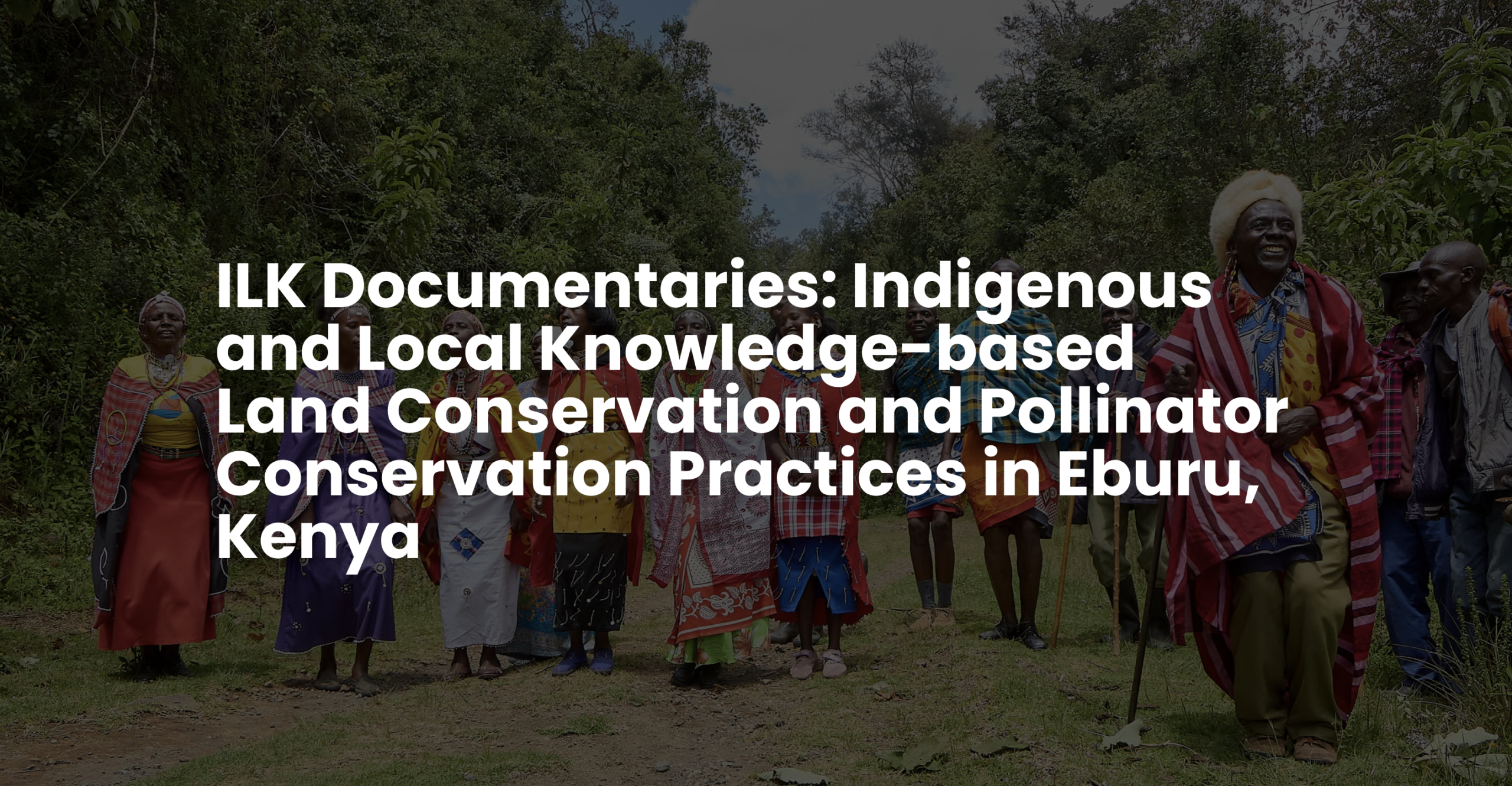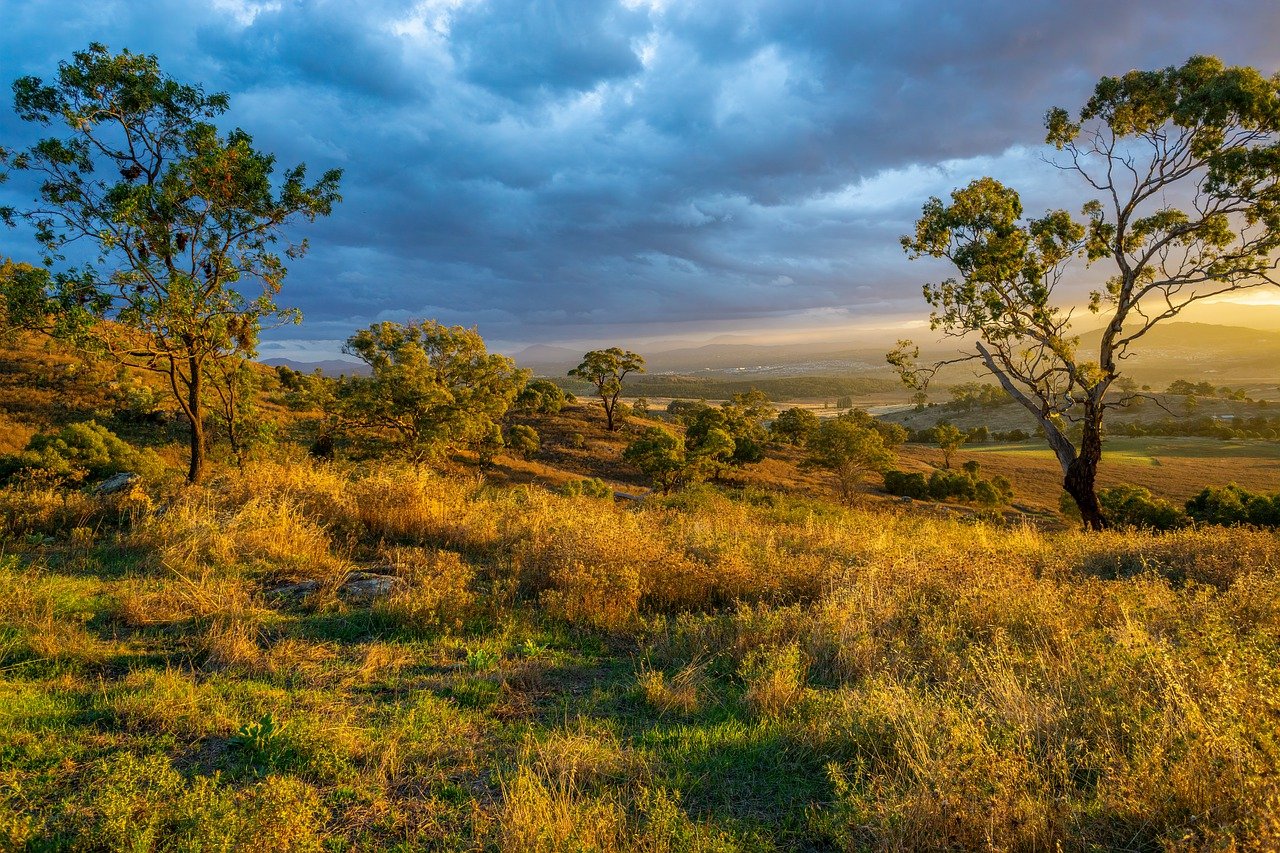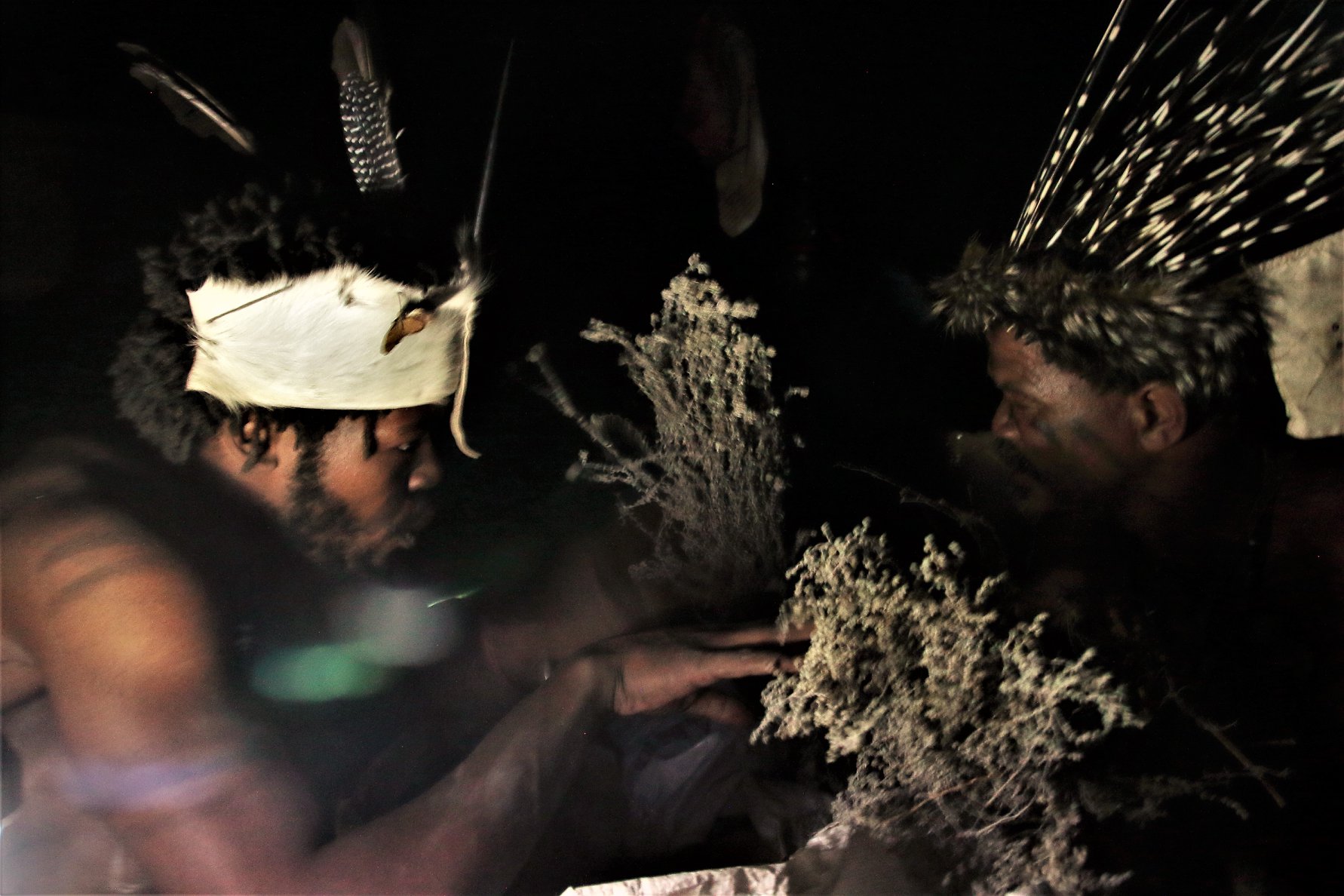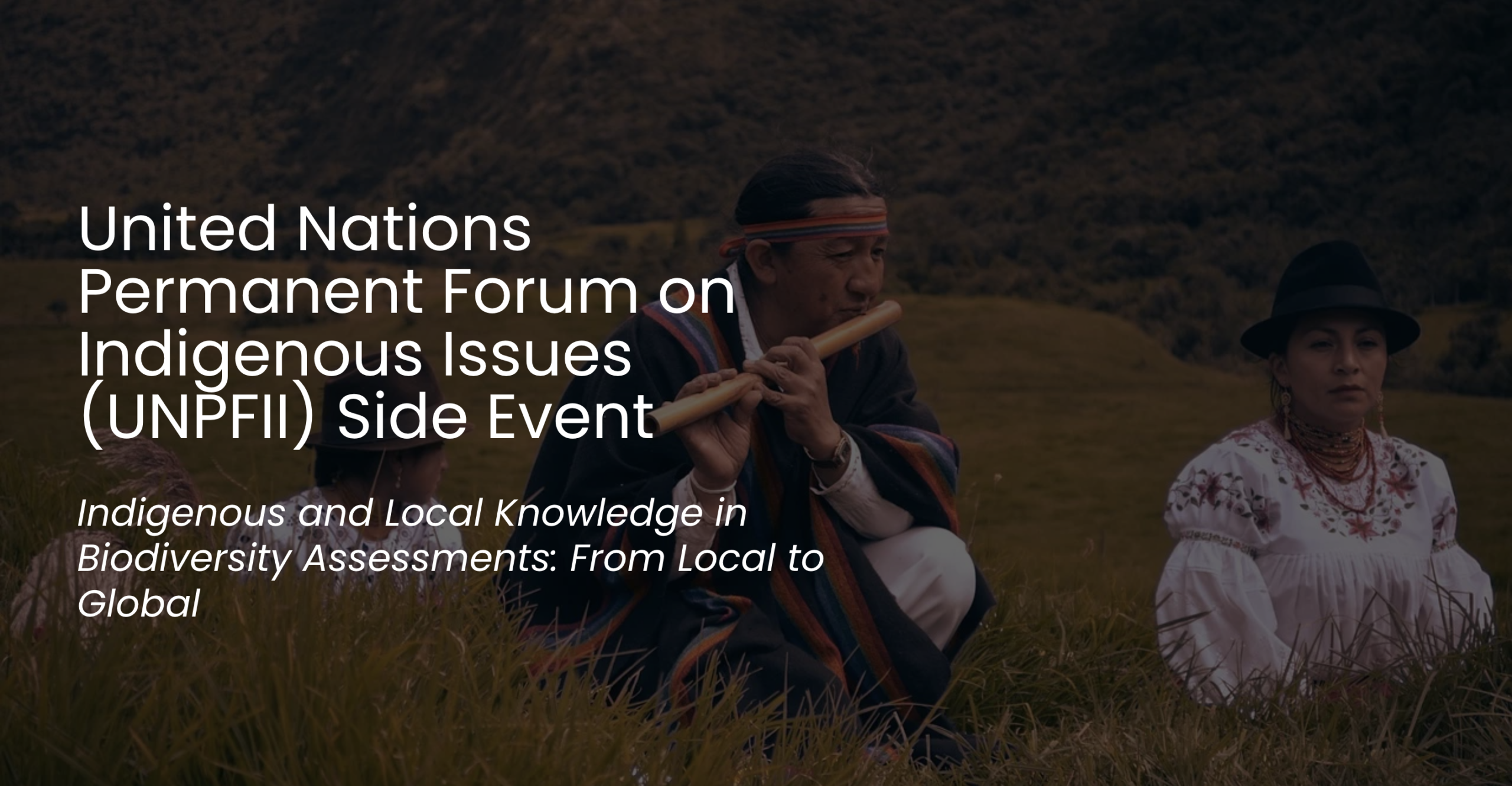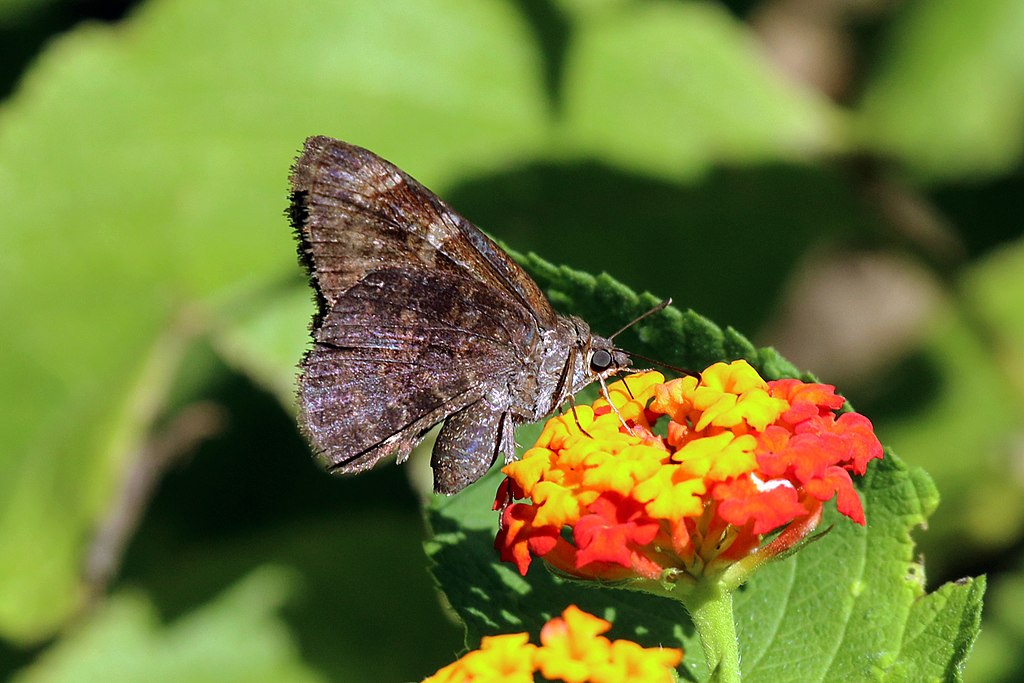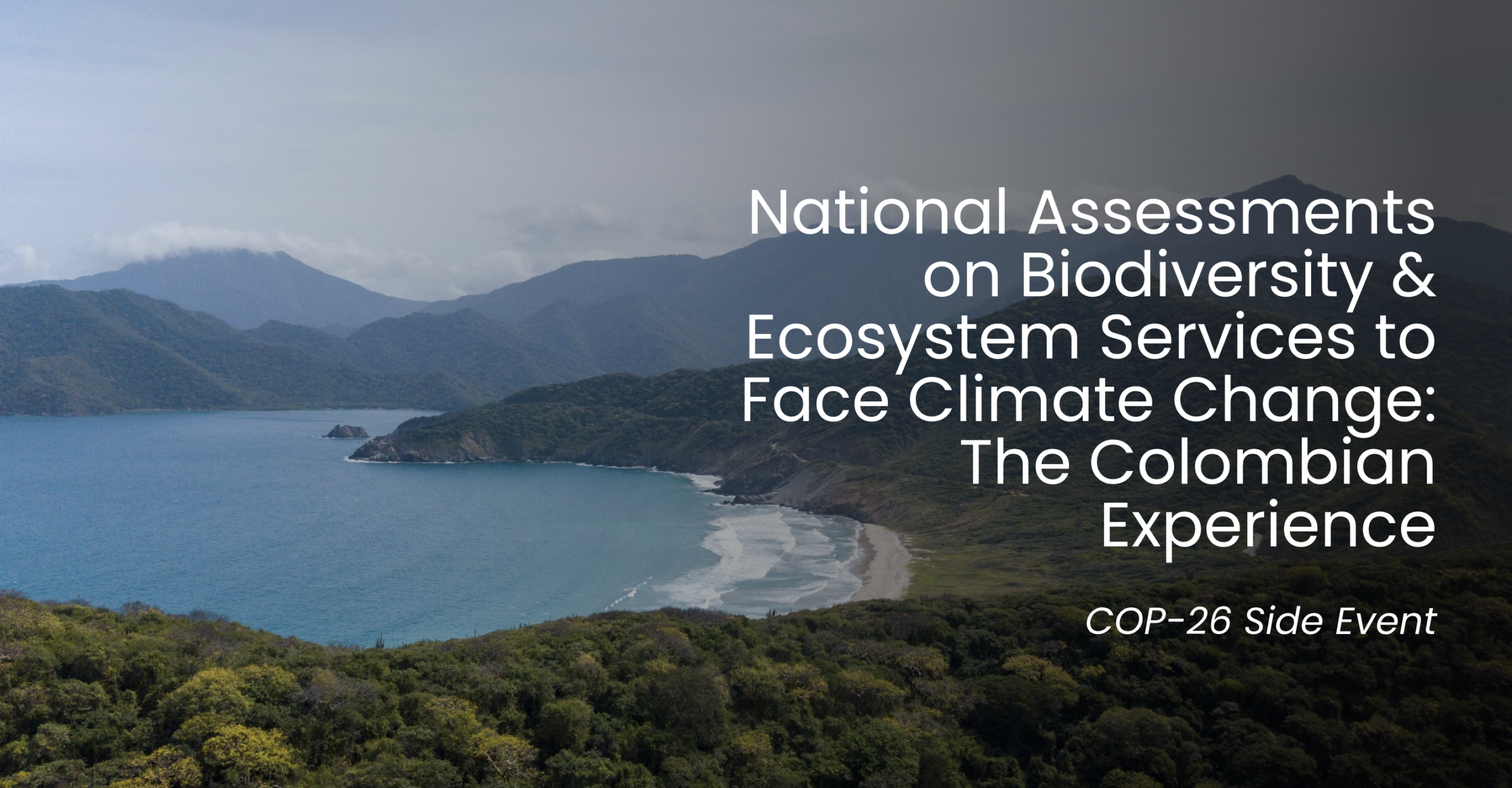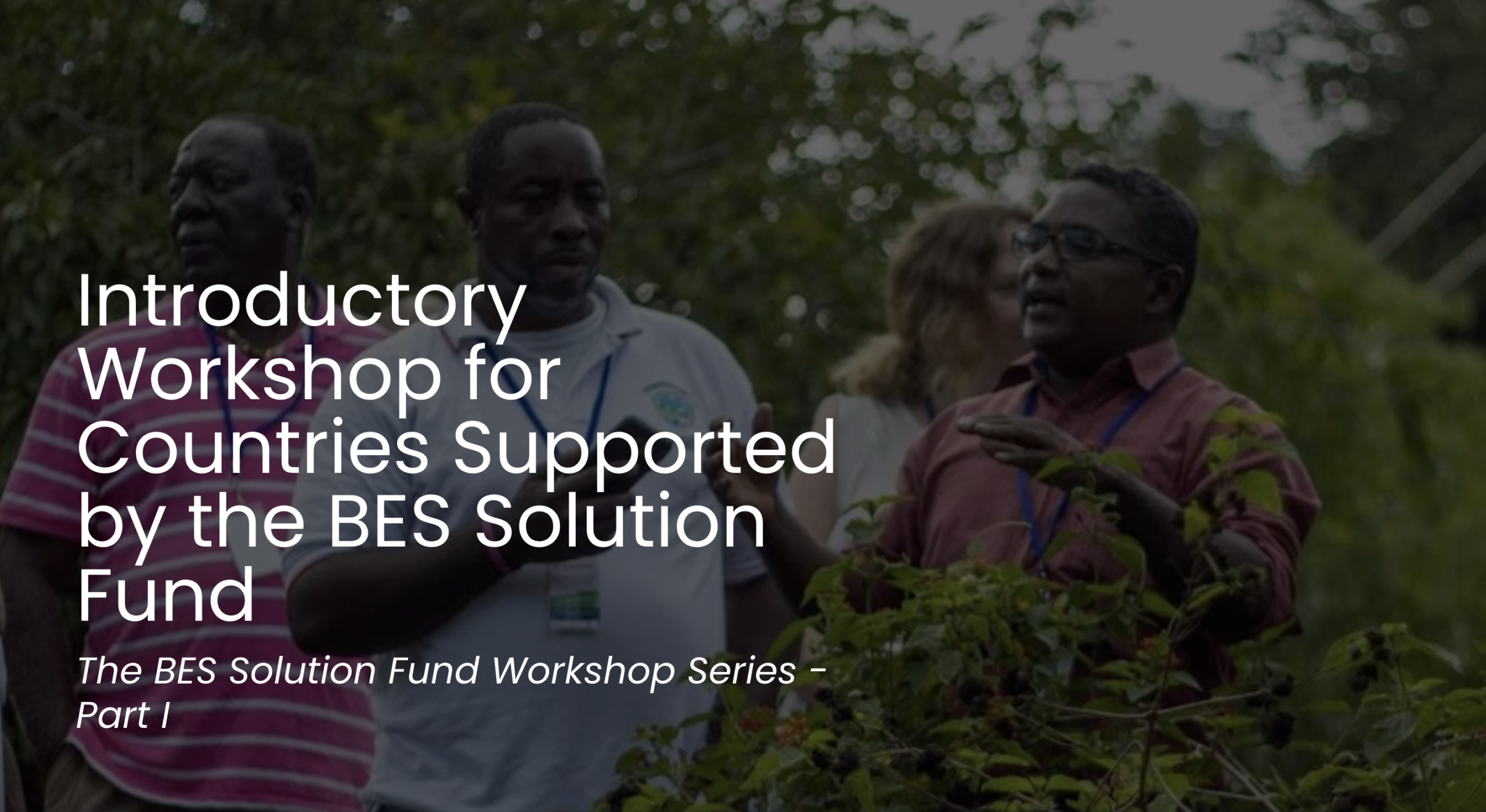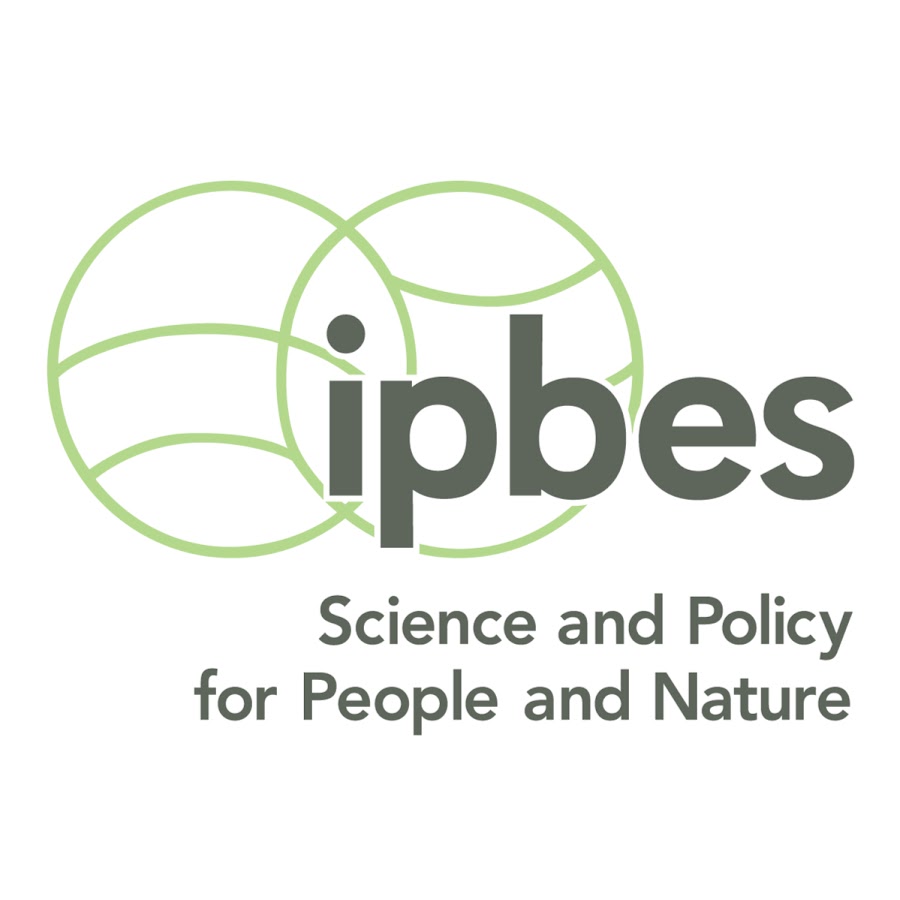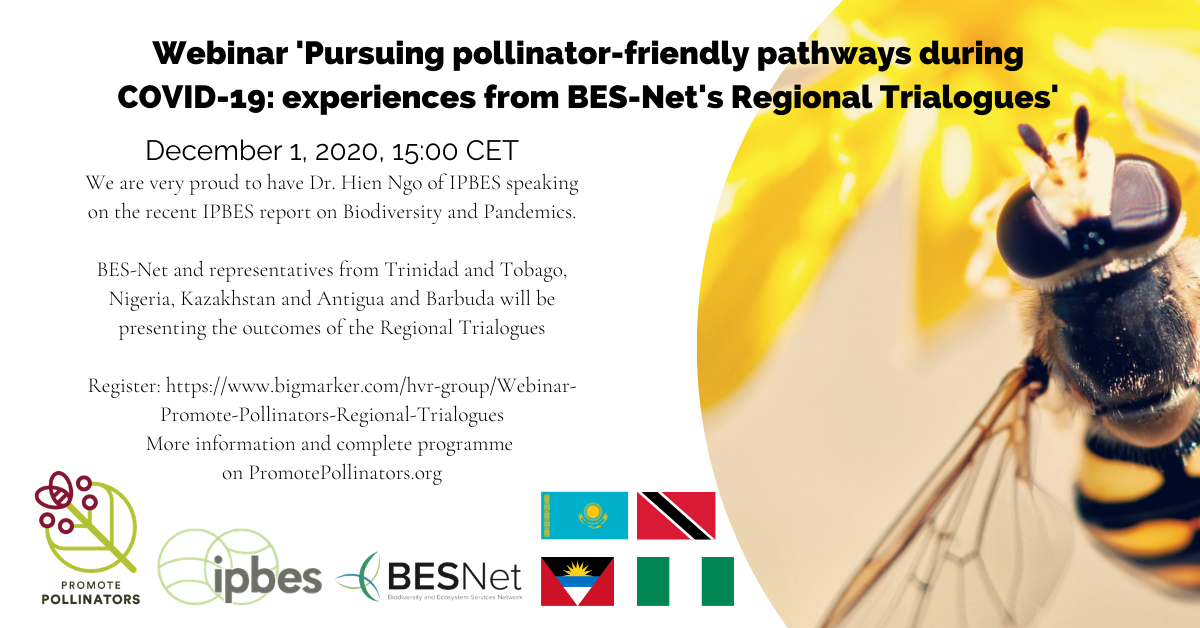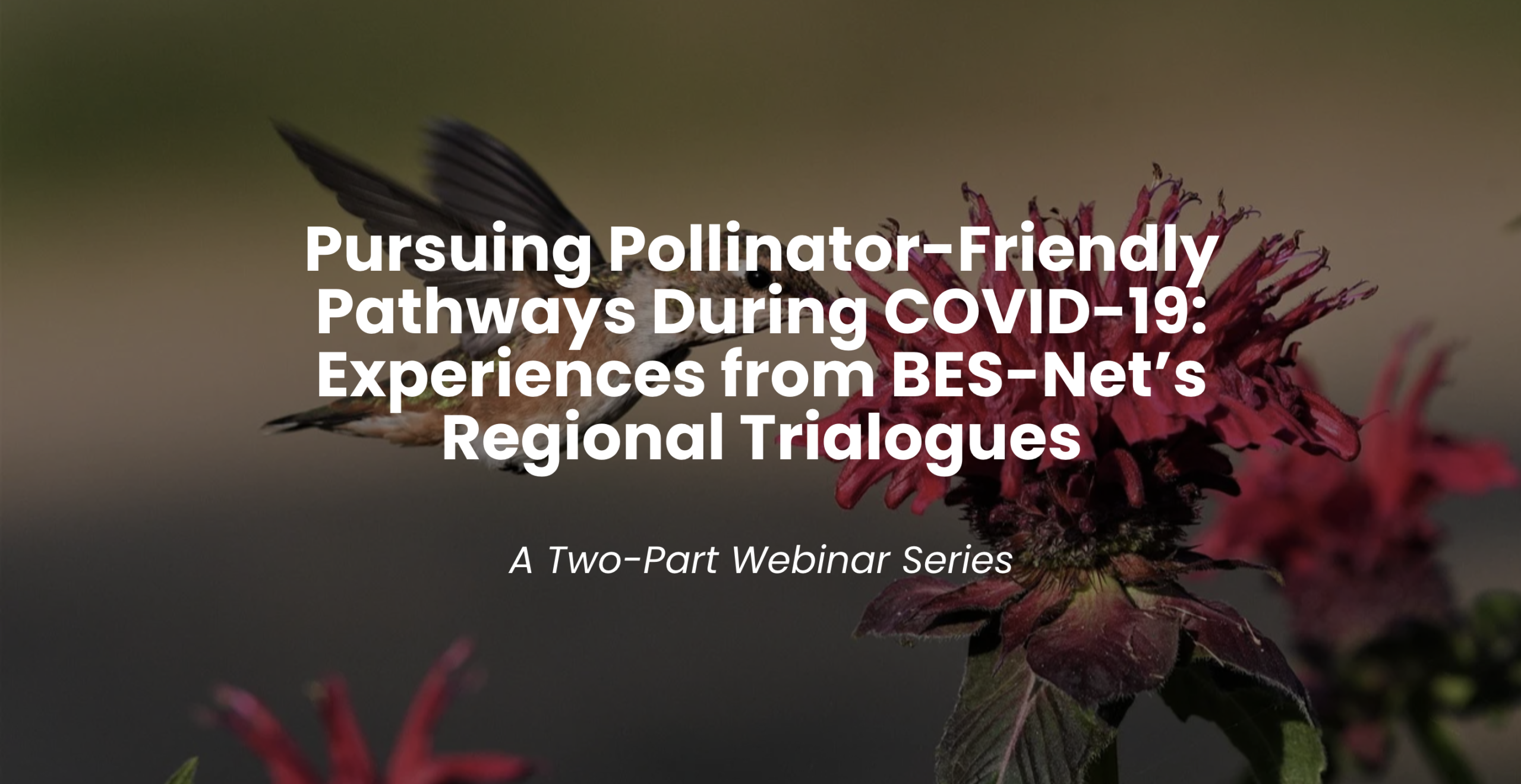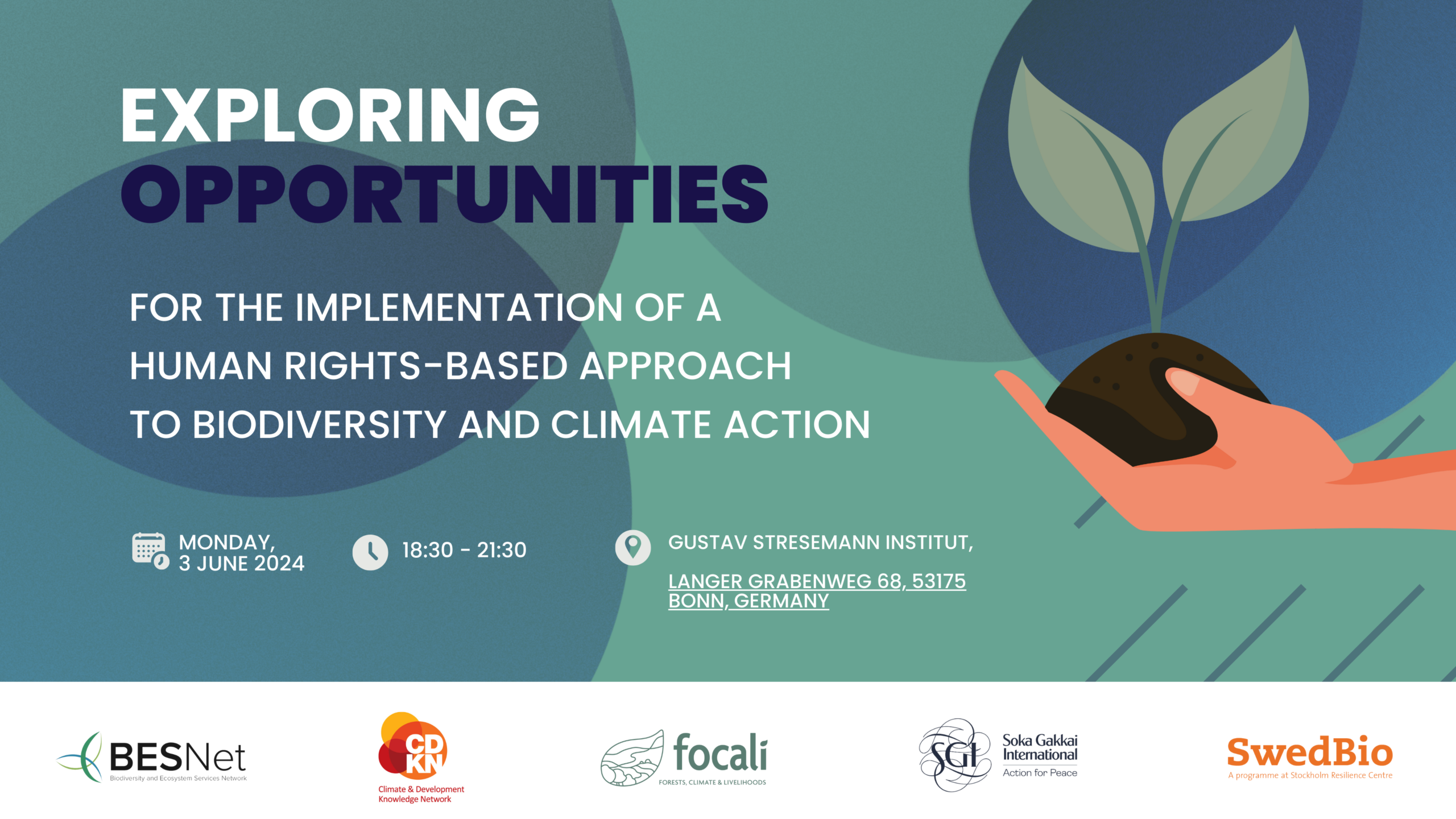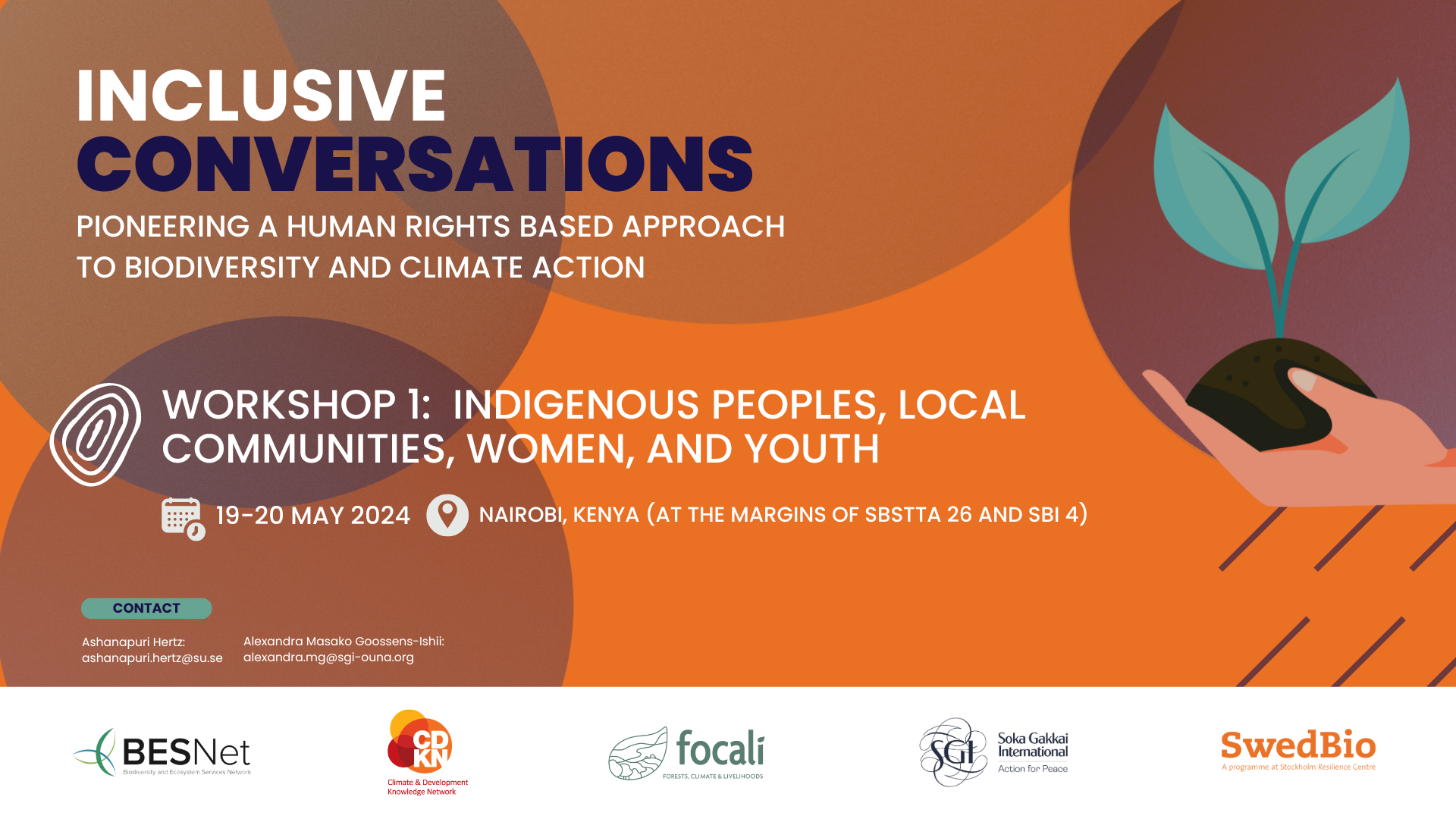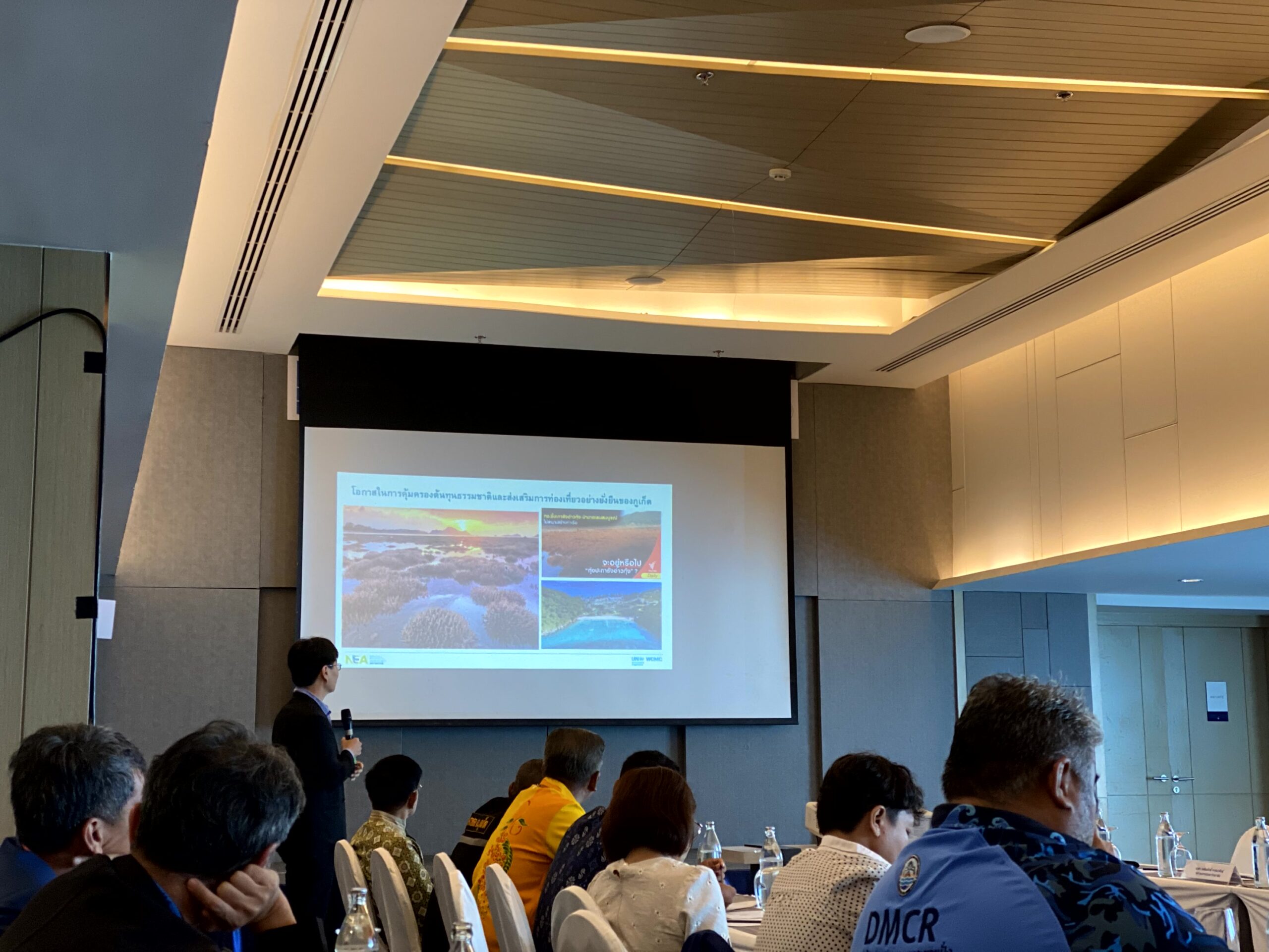This dialogue aims at bringing the diversity of knowledge systems that contributed to the IPBES Pollination Assessment to a joint reflection on its key messages as presented in the Summary for Policymakers. It will gather 40 key experts on pollination, pollinators and food production, from a diversity of Indigenous, local and scientific knowledge systems from all over the world. By engaging with contributing communities, authors and experts, this event is a contribution to the IPBES Participatory Mechanism, a systematic approach for the effective participation of Indigenous and Local Knowledge (ILK) holders and experts. A number of local Indigenous experts from the Pgaz K’ Nyau (Karen) people, the local hosts, are also engaged.
The event consists of two components:
21–24 January 2019: ILK dialogue between indigenous communities, authors and specialists on the outcomes of the Pollination Assessment, held in the Karen community of Hin Lad Nai, Chiang Rai province;
25 January 2019: An IPBES uptake and capacity building event at the University of Chiang Mai, where outcomes of the IPBES Pollinator Assessment and the ILK dialogue will be presented and discussed with a broad range of actors. Download invitation and agenda here (pdf).
Background
The IPBES Pollination Assessment was the first IPBES thematic assessment and viewed as a pilot of the procedures for working with Indigenous and local knowledge. It made important steps in advancing collaboration across knowledge systems, including enriching the insights about conditions and trends in the assessment and contributing to IPBES’ role in progressing the frontiers of sustainability science. This dialogue intends to provide opportunities for ILK holders with expertise on pollination and pollinators to analyse and discuss the outcomes of the assessment together with assessment authors and other actors. We would focus on the key messages in the assessment Summary for Policy Makers, and on further developing the process for ILK engagement in IPBES assessments, following the procedures outlined in the “Approaches for working with ILK in IPBES” (IPBES/5/1 Annex 2).
Given that a number of the holders of knowledge that provided input to the first dialogue on ILK and pollinators in 2014, co-arranged by UNESCO, representatives of the ILK Task Force and others will take part in the event, the dialogue will also serve as piloting for feedback to these knowledge holders. Further, ways of sharing outcomes of IPBES assessments to the local level, among Indigenous peoples and local communities, will be piloted in practice in the host community of Hin Lad Nai which whom we will be interacting during the walking workshop.
Taken together, the intention is that this dialogue will contribute to methods development for the IPBES in bridging across Indigenous, local and scientific knowledge systems in its future and on-going assessments of biodiversity and ecosystem services, throughout the assessment process.
Objectives of the dialogue and the IPBES uptake event:
Expected outputs and outcomes
The dialogue will lead to concrete outcomes in terms of input to the Pollination Assessment process and method development that will feed into various fora and processes (including the Convention on Biological Diversity and Agenda 2030) where methods and outcomes of co-produced knowledge across knowledge systems based on equity, reciprocity and usefulness for all involved are important. It will, in particular, inform the IPBES process led by the IPBES Task Force on ILK related to the development of ILK procedures and approaches for the full assessment cycle.
Methods
· Walking workshops in the rotational farming fields, including presentations of the importance of pollinators in the social-ecological system of Hin Lad Nai and the Karen rotational farming, the beehives and management practices, bringing up and stimulating discussions around selected key messages of the Summary for Policymakers of the Pollination Assessment.
· Multiple Evidence Base as a rights-based approach to connect across Indigenous, local and scientific knowledge systems, based on equity, reciprocity and usefulness for all involved.
· Multi-Actor Dialogue Seminars, a methodology for transformative social learning and conflict resolution. The method includes a thorough process with consultations and interviews regarding aim and agenda – the dialogue starts from day one in the planning process for ownership with the diverse actors involved.
The organizers
The organizers of this dialogue workshop are part of a global learning platform among actors from a diversity of Indigenous, local and scientific knowledge systems who have been sharing knowledge and experiences based on equity, reciprocity and usefulness for all involved, in a dialogue process going on since 2011. Together, they have developed a “Multiple Evidence Base approach” that sees Indigenous, local and scientific knowledge systems as equally valid and useful manifestations for sustainable governance of ecosystems. This work has been supported by a transdisciplinary research project and its outcomes have been recognized in academic as well as policy and practice fora.
They have over this time been closely engaged in contributing to IPBES and its efforts of bridging across knowledge systems in assessments and elsewhere, to the benefit of healthy ecosystems and human well-being at large. The local host PASD is among the organizations that initiated the “Indigenous and Local Knowledge Centres of Distinction”, which are Indigenous organizations’ implementing programmes on traditional knowledge in different global regions and engaging in IPBES as platforms of interaction across knowledge systems.
Provisional Agenda for the Dialogue across Indigenous, local and scientific knowledge systems reflecting on the IPBES Assessment on Pollinators, Pollination and Food Production
20th to 25th January 2019, Chiang Mai and Chiang Rai, Thailand
All parts of the dialogue are conducted under Free Prior and Informed Consent
|
Date |
Activity |
Venue |
Accommodation |
Local Host |
|
20 Jan |
Arrival day |
|
Papa’s Garden Resort, Chiang Mai
|
|
|
21 Jan |
Introductory day – IPBES – Pollination assessment – ILK Contribution – Hin Lad Nai Community
|
IMPECT office, Chiang Mai |
Papa’s Garden Resort, Chiang Mai |
PASD and IMPECT |
|
22-24 Jan |
Walking workshop with dialogue on key messages and ILK contribution |
Hin Lad Nai Community and surrounding cultural landscape
|
Hin Lad Nai Community, with families and community guest house
|
Hin Lad Nai Community |
|
25 Jan |
Open seminar day – IPBES Pollination Assessment and ILK – Outcomes of the dialogue |
Chiang Mai University |
Papa’s Garden Resort, Chiang Mai 1 – 2 nights |
Center of Ethnic Study for Development (CESD) at Chiang Mai University |
For more information, please contact the co-conveners:
|
SwedBio, Stockholm Resilience Centre, and Multiple Evidence Base research project |
Daniele Crimella |
+46 72 1421071 |
|
|
Pernilla Malmer |
+46 73 0296303 |
||
|
Maria Tengö |
|
||
|
Ro Hill |
|
||
|
PASD, Thailand |
Prasert Trakansuphakon |
|
|
|
IMPECT, Thailand |
Sakda Saenmi |
|
|
|
UNESCO |
Nigel Crawhall |
|



